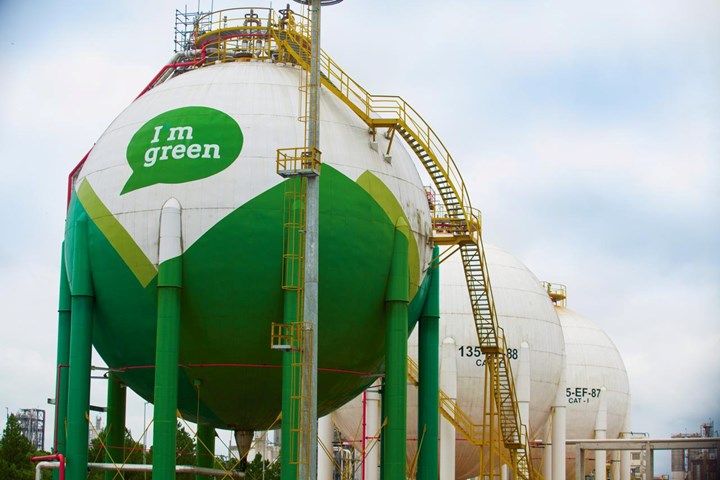Braskem to Explore Biobased PP Production in the U.S.
Evaluation project underway on Braskem opting to invest in biobased PP including potential partnership opportunities with clients, OEMs and suppliers.

An evaluation project on whether to invest on the productions of carbon negative biobased PP in the U.S, .is underway at Braskem, now the largest polyolefins producer in the Americas, as well as a global market leader and pioneer producer of biopolymers on an industrial scale with its I’m Green PE resins. The project would utilize Braskem’s proven, proprietary technology to convert bioethanol into physically segregated biobased PP. Partnership opportunities for this project with several clients, brand owners, and suppliers are being explored.
The U.S. is home to the largest ethanol industry production in the world and consists of ample technology, infrastructure, and supply availability for a project in the polymers’ value chain. Braskem’s biobased PP would be a drop-in solution that has the same technical properties and recyclability found today in Braskem’s current PP portfolio, with the additional benefit of a negative carbon footprint. Braskem’s biobased PP would be a first-of-its-kind solution produced on an industrial scale to address brand owners’ and OEMs’ transition to a more sustainable future
Said Braskem America CEO Mark Nikolich, “Building on our core technology and market leadership, we are actively evaluating a project to produce the world's first biobased polypropylene on an industrial scale to support our ambitious sustainability objectives and deliver tangible solutions to our clients. As an established leader in the innovation and production of biobased materials, we have seen the demand for Braskem’s biobased materials grow significantly since our initial product launches. This new U.S.-based project would not only serve a growing market for sustainable solutions but also reduce Braskem’s reliance on fossil feedstock. Expanding our portfolio to include biobased PP supports Braskem’s goal of 1MM tons of biopolymers capacity by 2030 and becoming carbon neutral by 2050.”
Related Content
-
Fundamentals of Polyethylene – Part 3: Field Failures
Polyethylene parts can fail when an inappropriate density is selected. Let’s look at some examples and examine what happened and why.
-
Commodity Resin Prices Flat to Lower
Major price correction looms for PP, and lower prices are projected for PE, PS, PVC and PET.
-
Prices for PE, PS, PVC, PET Trending Flat; PP to Drop
Despite price increase nominations going into second quarter, it appeared there was potential for generally flat pricing with the exception of a major downward correction for PP.












